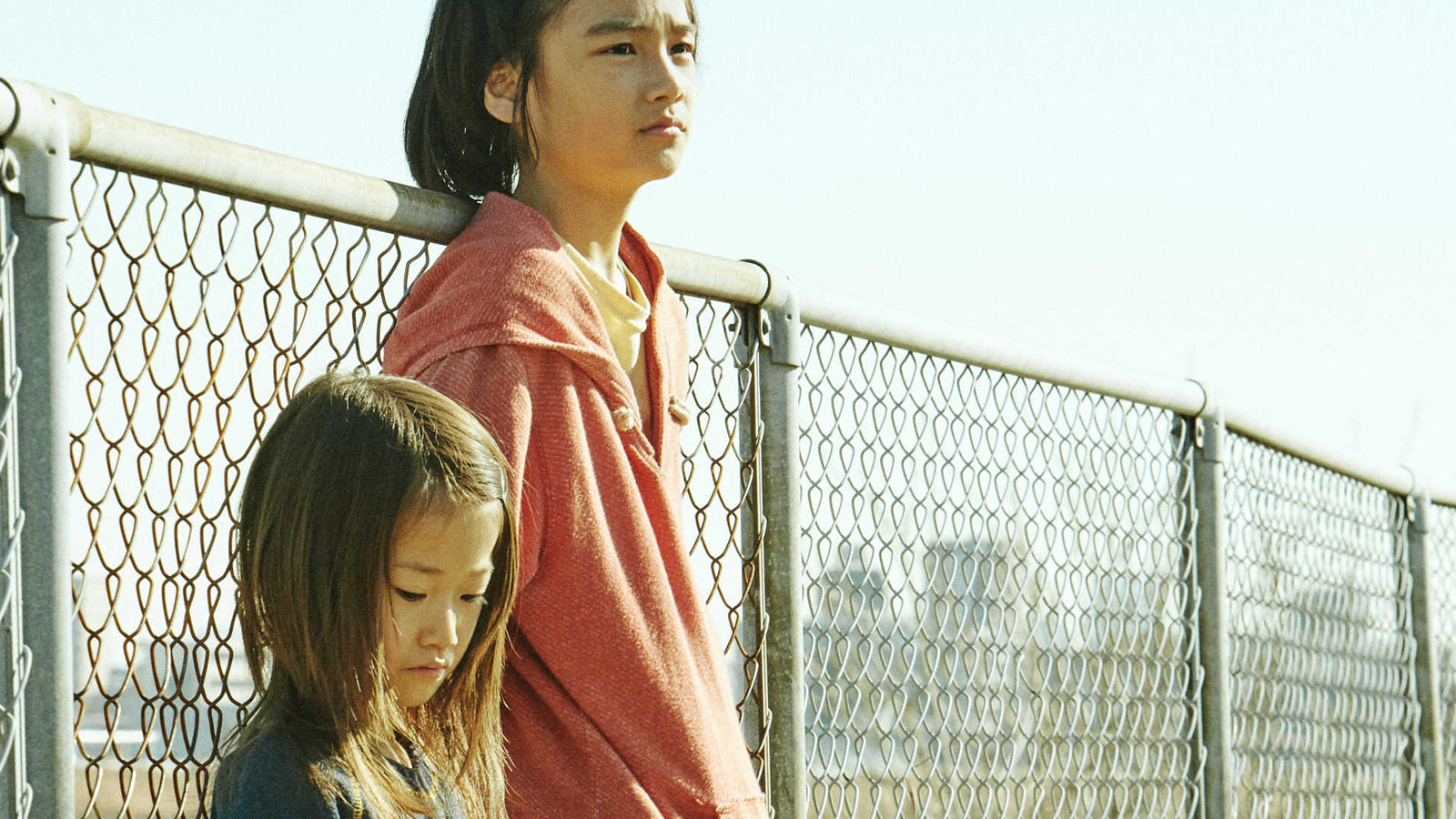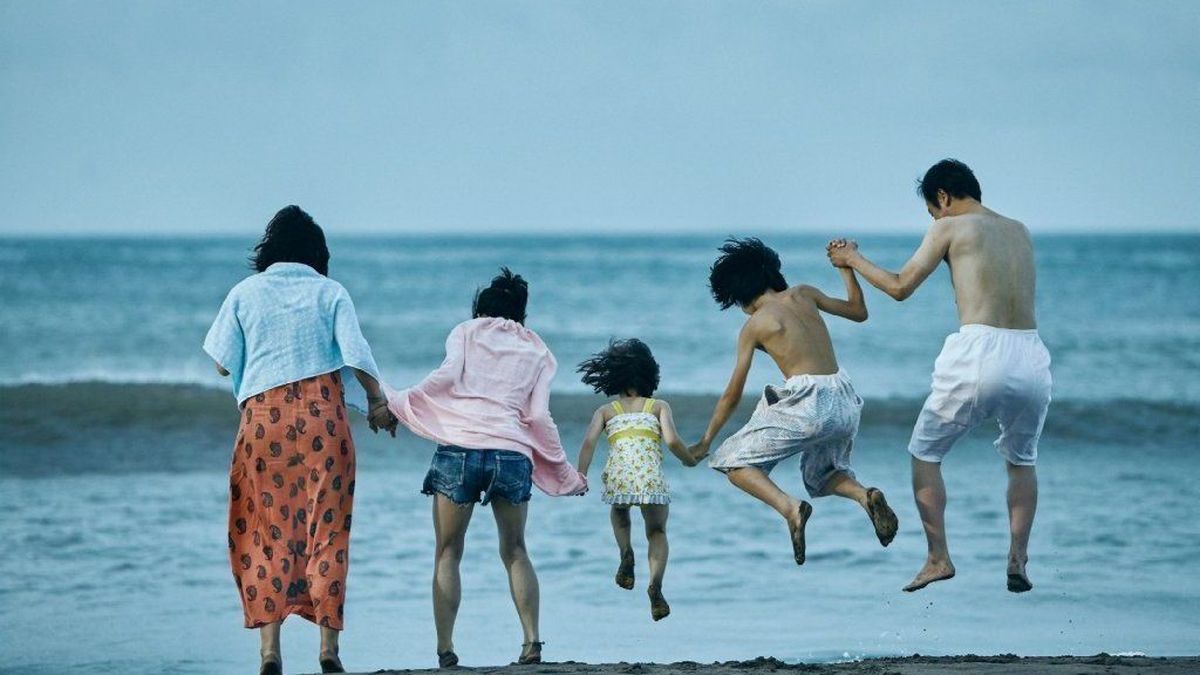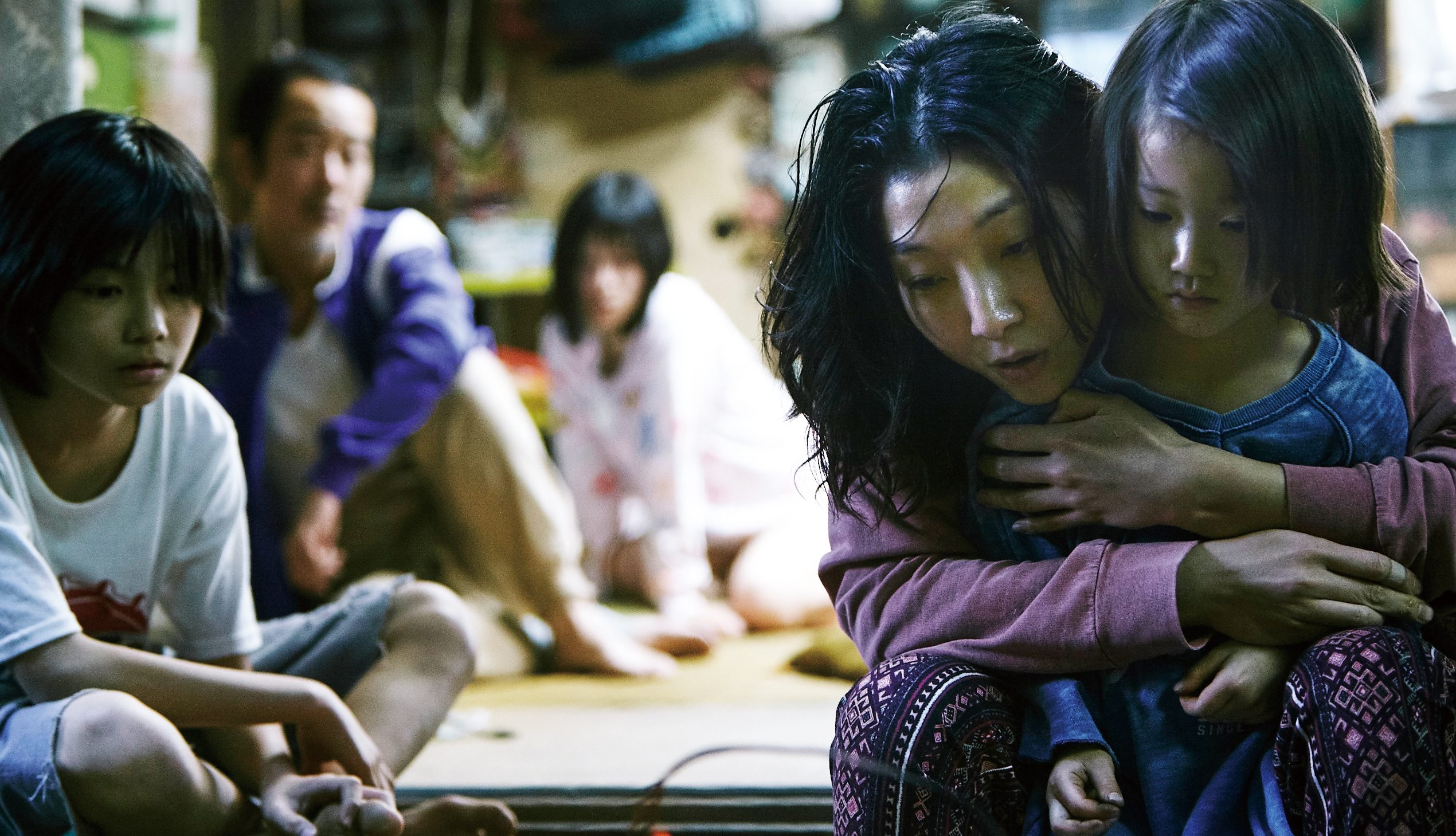
Most stories about criminals are not particularly empathetic. This isn’t without good reason, as the more despicable the acts our “protagonists”, the harder it is to see things from their point of view. In large part, the appeal of these films stems from a base proclivity towards watching people skillfully and successfully evade the law (Breaking Bad, The Godfather). In these cases, it’s the character’s competence that makes the proceedings watchable. Although the criminal activity in Kore-Eda Hirozaku’s Shoplifters is decidedly more small-time, its representation of its characters is far more humanistic and complex than we usually see from movies that are centered around individuals who are far from paragons of virtue.
Hirozaku’s latest is a film that is defined by deliberate pacing that depicts small particular moments in the members of this family’s lives, using layered interactions that both specify these character’s traits, while simultaneously making them more complex. The story begins with Osamu Shibata and Shoto Shibata going about their regular routine of stealing from a grocery store. Using a combination of hand signals, and distraction techniques the father-son duo deftly maneuver produce, nabbing goods with balletic grace and synchronicity. On their way home from their misadventures they find a local girl alone on the porch. She is five years old and looks hungry, so the two take her home for dinner. She meets the rest of the family, including Osamu’s wife Nobuyo, Aki, and the elderly owner of the home Hatsue. However, what was supposed to be a single dinner turns into something else as the family discovers scars and the symptoms of abuse on Yuri’s body. While some of the Shibatas are initially hesitant, in largely because they already struggle to make end’s meet, they decide to adopt her into their family anyway.

In terms of tone and genre, Shoplifters is an interesting pastiche. On the one hand, it calls to mind the work of Ozu through its naturalistic and patient depiction of family life. However, it is also a crime story, one that’s gravity and suspense builds in parallel with the characterizations. While things seem fairly straightforward at first, proceedings quickly spiral out of hand as the group increasingly calls attention to themselves. While both of its halves are successful and interact in essential ways, it is its illustration of familial bonds that are the most poignant.
Osamu and Nobuya both waver between behaving as terrible influences on their children and showing them genuine warmth. In one scene we, Nobuya holds her adoptive daughter Yuri in her arms, explaining the difference between genuine affection and toxic love. This exchange that is made all the more heart-wrenching due to its underlying complexities and naturalistic acting. At another point we see Osamu and Shota bonding over a successful score, the genuine pride Shota takes in his deeds contrasting with the fact that Osamu seems to be teaching his son the wrong lessons. Then there’s sequence at the beach, a moment when the family is at its most whole. Here lush shots of natural beauty depict unity and joy, and the performances capture the little exchanges between the Shibatas in granular detail. Here the previous deliberate development pays off in a quietly triumphant celebration of the bonds these people have formed.

Although we are constantly confronted with multitudes of moral ambiguity that exude from the parent’s decisions, there is a decidedly non-judgmental slant to their presentation. We see the mundane proceedings of Osamu’s life as a day laborer, a job as boring as it is dangerous. We see Nobuya being caught in the middle of an unfair situation at work, one that ultimately costs her job. Additionally, the leads are anchored by charismatic performances that make them endearing despite some of their more questionable actions. As Nobuya and Osamu, Sakura Ando and Lily Franky capture feigned indifference, which is betrayed by how deeply they want their kids to call them mom and dad. The family’s poverty isn’t presented as just straightforward squalor, instead we are given lively deep-focus compositions that capture the contentment these people find in each other’s company.
This isn’t to say their lives are made out to be free of the pains and pressures of their economic status. After all their primary concern is always how they’re going to make enough money to stay afloat, a reality that fuels their schemes and theft. But gestures like how the grocery store “heists” are presented with sweeping horizontal tracking shots that grant them a magical quality, or how their claustrophobic home is always shown bathed in the warmth of family, ensure that this look at living with limited means isn’t condescending. Furthermore, once we run into the film’s authority figures, who function as stand-ins for our lingering doubts, we realize how deceptive appearances can be.

Shoplifters is a seemingly low-key family drama with stakes that escalate alongside the strength of its message. It is bathed in the warm glow of humanism, painting its flawed figures as complex but redeemable. It’s poetic sensibilities extend from its aesthetic, pacing, and characterizations. The result is a loving ode to those who live at the fringes of society, a film that gives credence to the notion that we should always look beneath the surface when passing judgment on others.
Rating: 4.5/5






